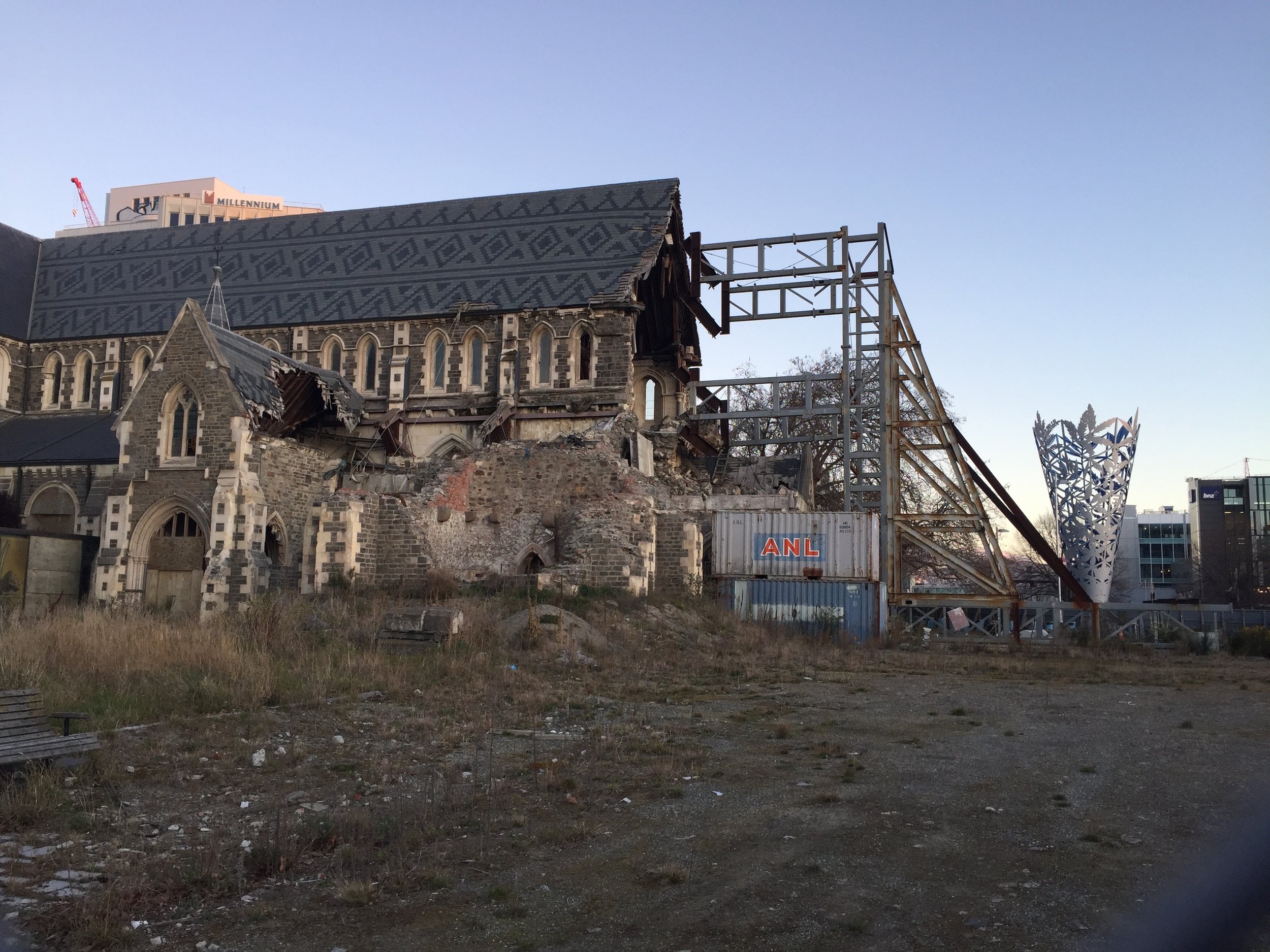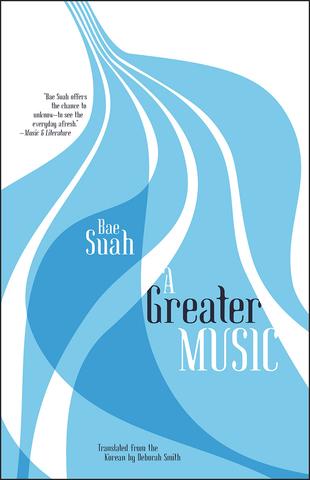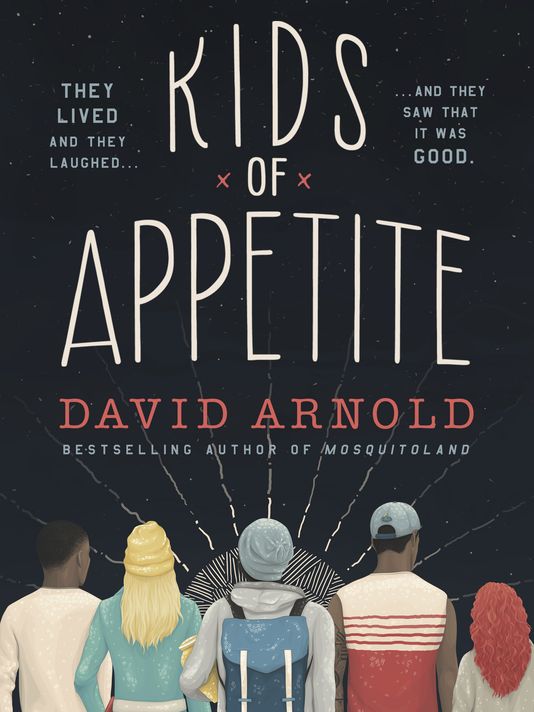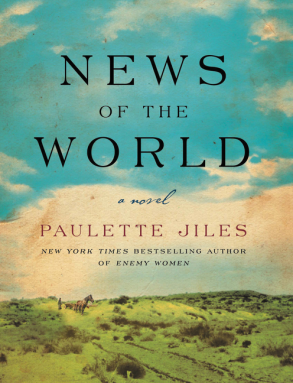Frequently Asked Questions about My Trip to New Zealand
by Elissa Washuta Q: You were in New Zealand? How was it? A: Great. / Amazing. / Exceptional. / It changed my life.
Q: Vacation? Or like a book thing? A: Officially, the WORD Christchurch Writers & Readers Festival, to which I was invited as a panelist, workshop co-leader, and reader. Unofficially, it was, in a way, a vacation, or the closest thing I’ll get to taking a vacation in New Zealand in the foreseeable future (starving artist, workaholic, unable to relax and suspend productivity, et cetera).
The question makes me realize that I may not even know what a vacation is, so I looked up the word in the dictionary. An extended period of recreation, especially one spent away from home or in traveling. Or: The action of leaving something one previously occupied.
The second fits. When I stepped into the Auckland airport before dawn after twelve hours on an airplane maybe eight times the size of my apartment, I began to cry. I felt the enormity of this gift, and I felt some hard block of pain dislodged by the knowledge that my body had just traveled to the other side of the world.
I can’t talk about this trip without mentioning that I had been heartbroken for weeks when I made the trip. I tucked my wounded heart into a winter jacket and took it to a place it had never seen.
After a few minutes of dreamlike wandering through the Auckland airport, I realized I didn’t have much time to get onto my connection to Christchurch. I rushed through immigration and biosecurity and, on the other side, headed for the next terminal, I found myself in the middle of a group of people in pristine black tracksuits with the Olympic rings emblazoned on their luggage. Together, we stepped into the public meeting area, and the people gathered there cheered, and I let myself absorb stray beams of their love.
And then I stepped into the late-winter dawn, waiting for the bus, looking at trees I didn’t recognize, and my whole body knew that it was making itself new.
Q: Sounds like a great opportunity. How’d you make that happen? A: I don’t make anything happen—anything that works out well, anyway.
Q: So what kind of stuff did they have you doing? A: It’s impossible for me to fit all of it in a blog post, but I’ll attempt highlights. I co-lead a workshop for Ngāi Tahu writers with Ali Cobby Eckermann, Hana O’Regan, and Ivan Coyote, where we maintained a space in which we could freely talk about writing and Indigeneity. With the other international writers, I traveled to Tuahiwi Marae to participate in a pōwhiri, a Māori welcome, where I was able to introduce myself and my family and share a song and a story.
I participated in a powerful Sister Cities/First Nations panel with Ali and wonderful moderator Nic Low (great write-up here), which unexpectedly turned into a magical discussion about anger, violation, self-destruction, and healing.
Every day, I had a lovely, celiac-friendly breakfast at the bed & breakfast. I met writers who became family for a few days and shared special meals with good people. New friends showed me around town, walked with me, department store shopped with me, went to panels with me (and came to mine), and raved, in detail, about the plot of Philip Pullman’s Northern Lights (stopping at spoilers).
Q: Is it as beautiful as they say?
A: Yes, but not in the way they say. Not like Lord of the Rings—not Christchurch, a city leveled, loved, and rebuilt. Exquisite street art is everywhere. The tenderness for beloved buildings is evident in their reconstruction. And the people—their warmth is the most beautiful thing about Christchurch.
Q: It must have been a good time for you to get away, right? I mean, how are you feeling? Better? A: Better, yes. In Seattle, I’ve learned over and over that it’s easy to infuse a place with hurt. Before I moved here, I listened over and over to my favorite Pearl Jam song, “All Those Yesterdays,” and tucked one of the lines into myself: “It’s no crime to escape.” It makes sense that I would need to board a plane, fall into slumber, and wake up in a new place, a new season, smelling winter, as though I’d performed the tesseract I always hoped I would when I read A Wrinkle in Time as a kid. I traveled through space and time the short way, and even disoriented and dislocated, I had everything I needed the whole time.












